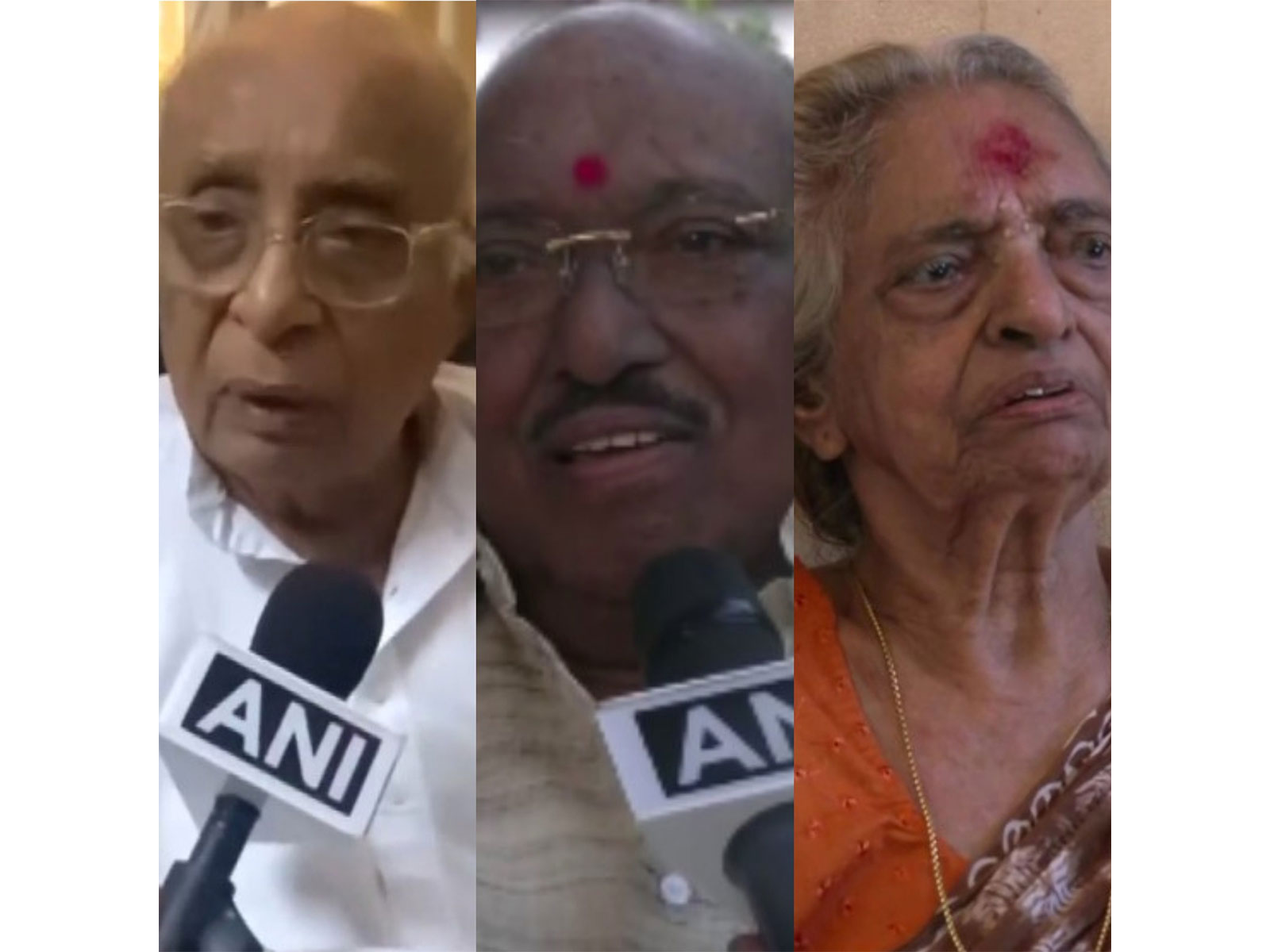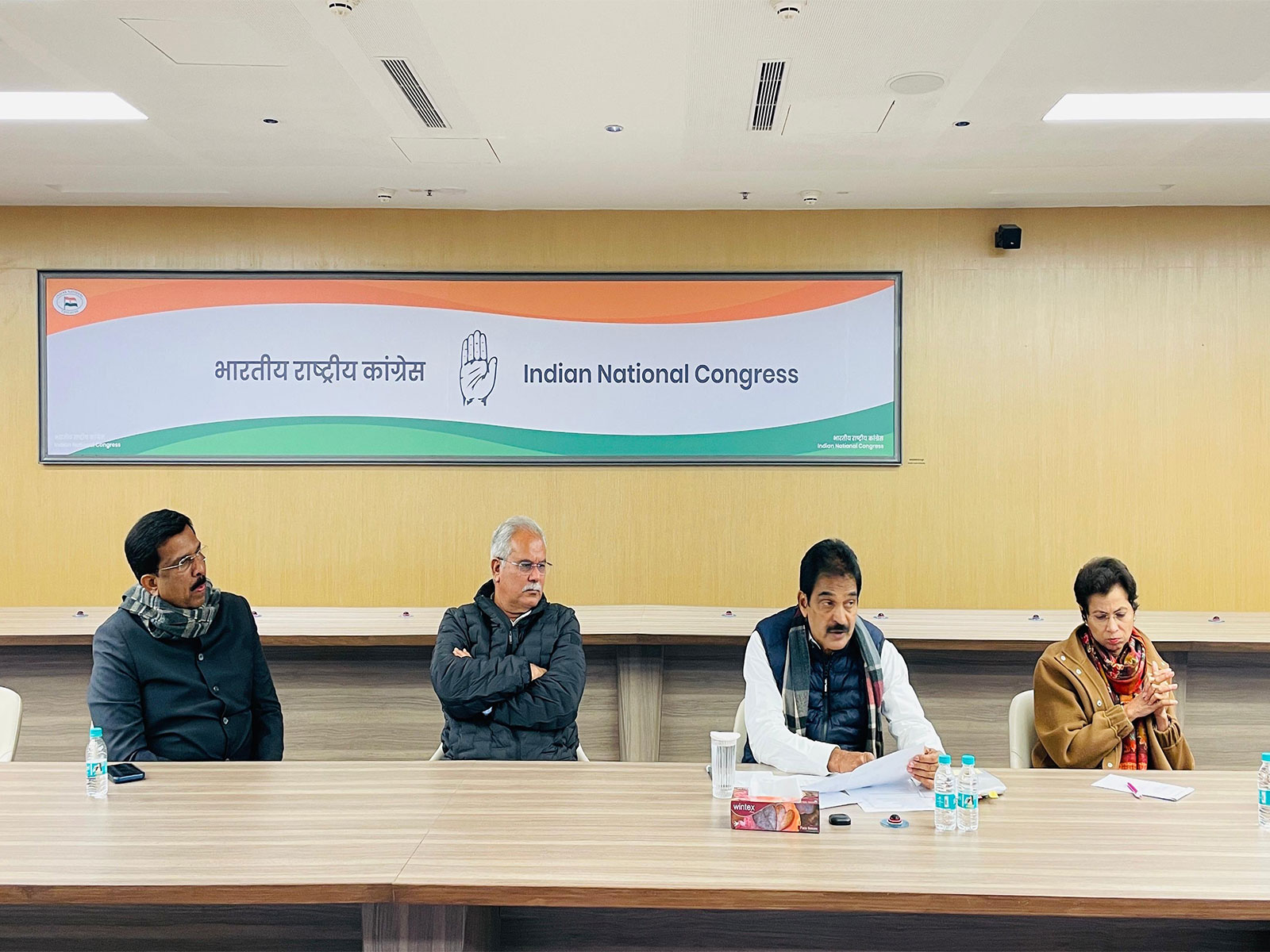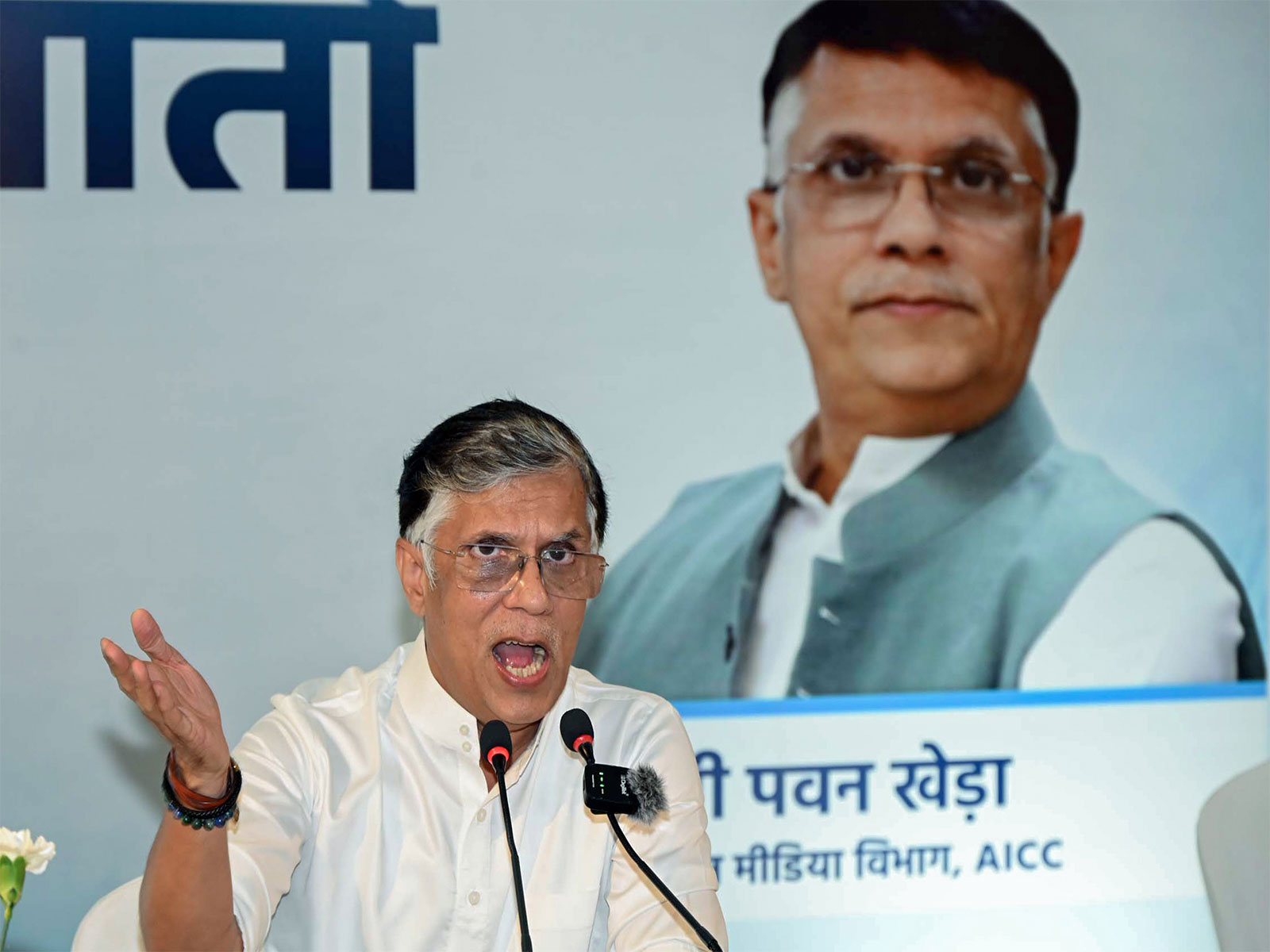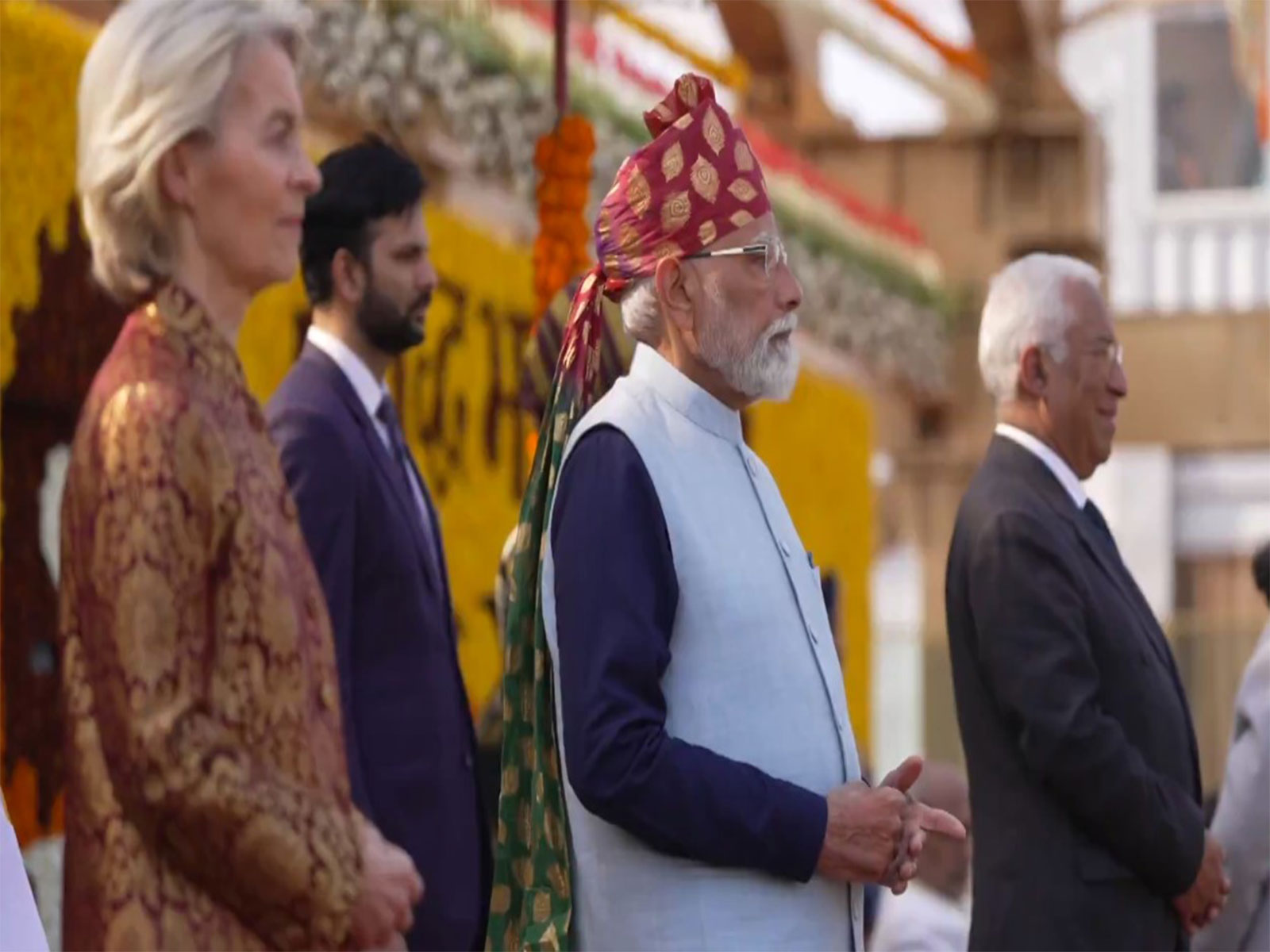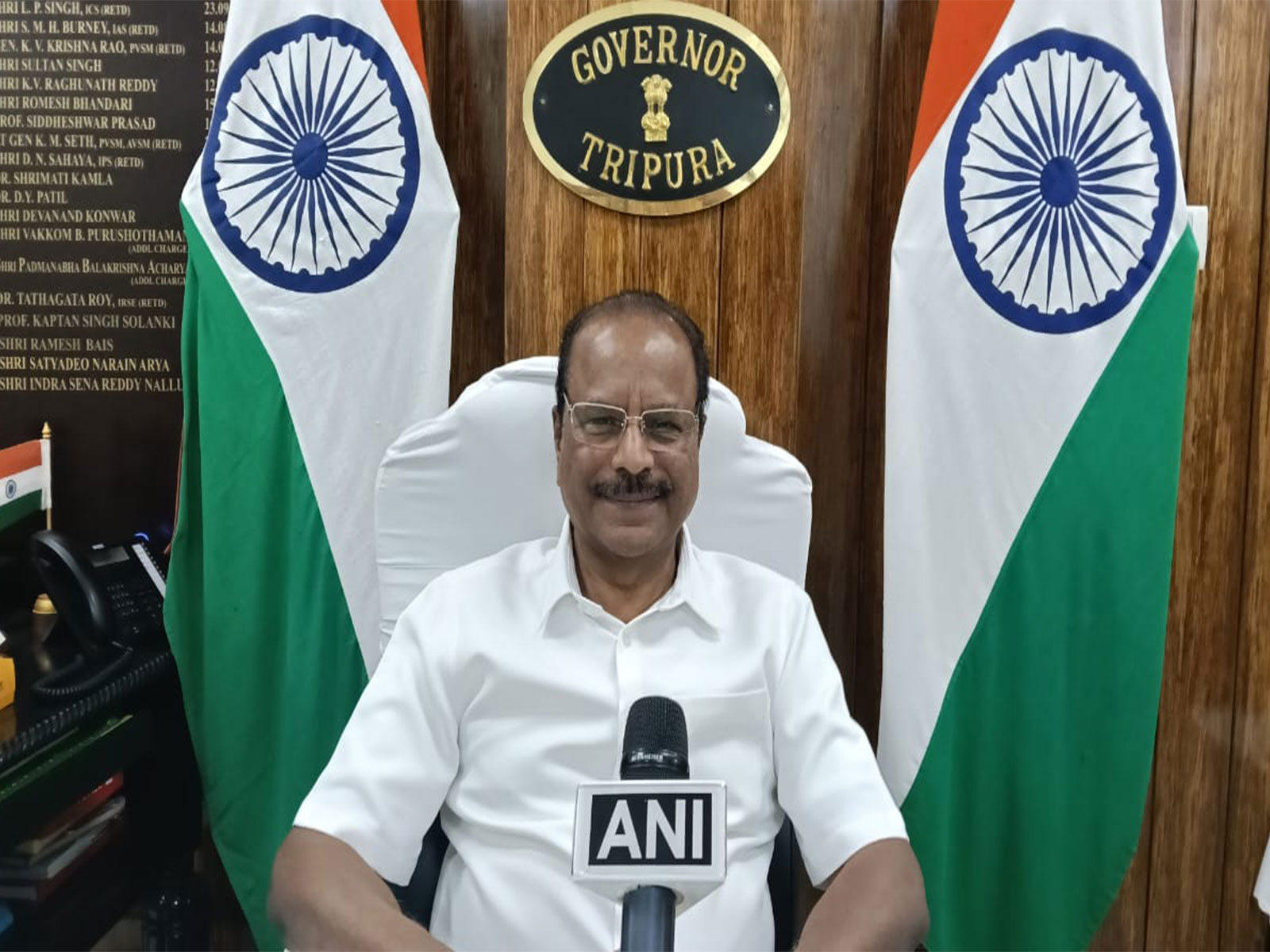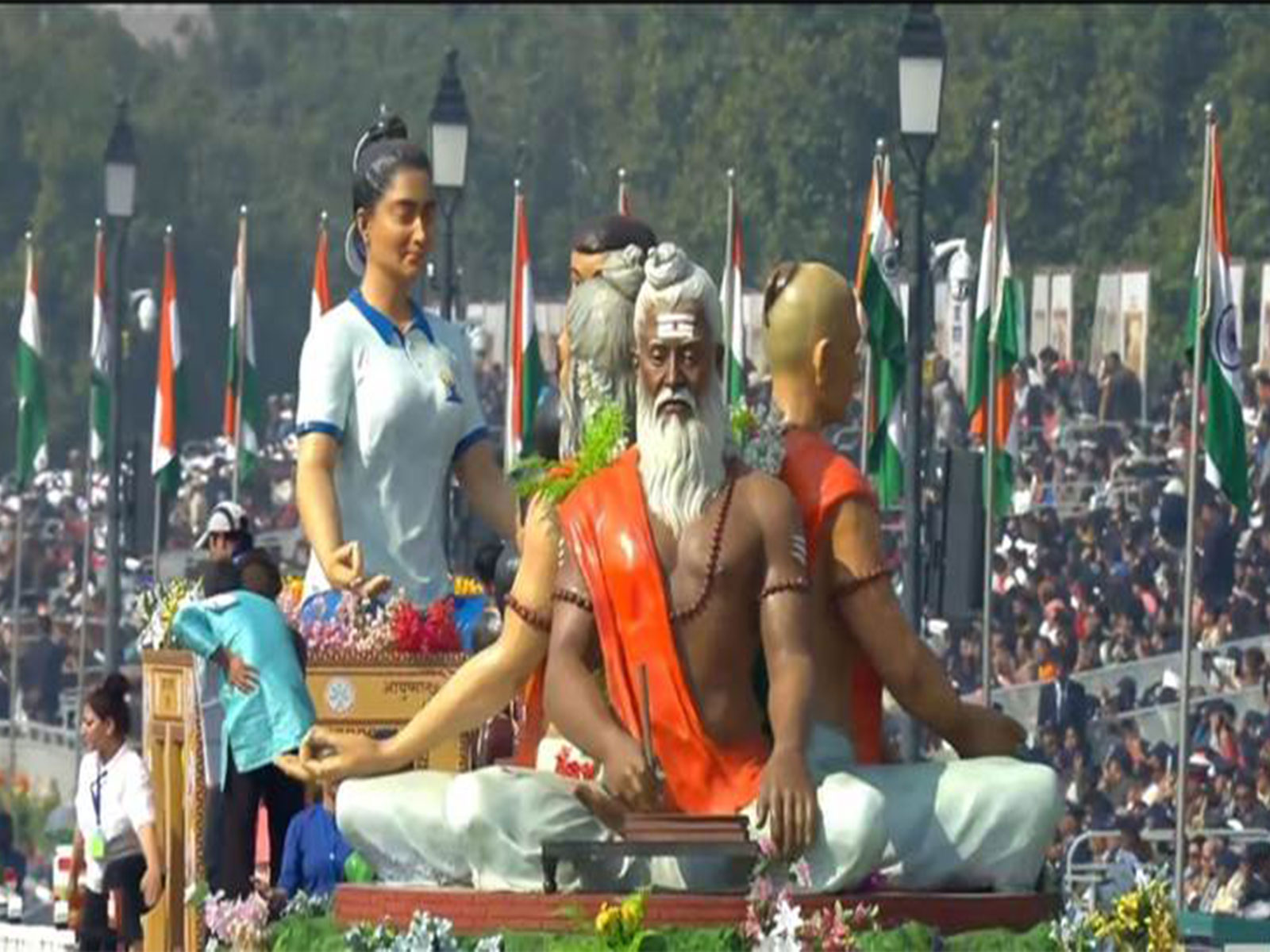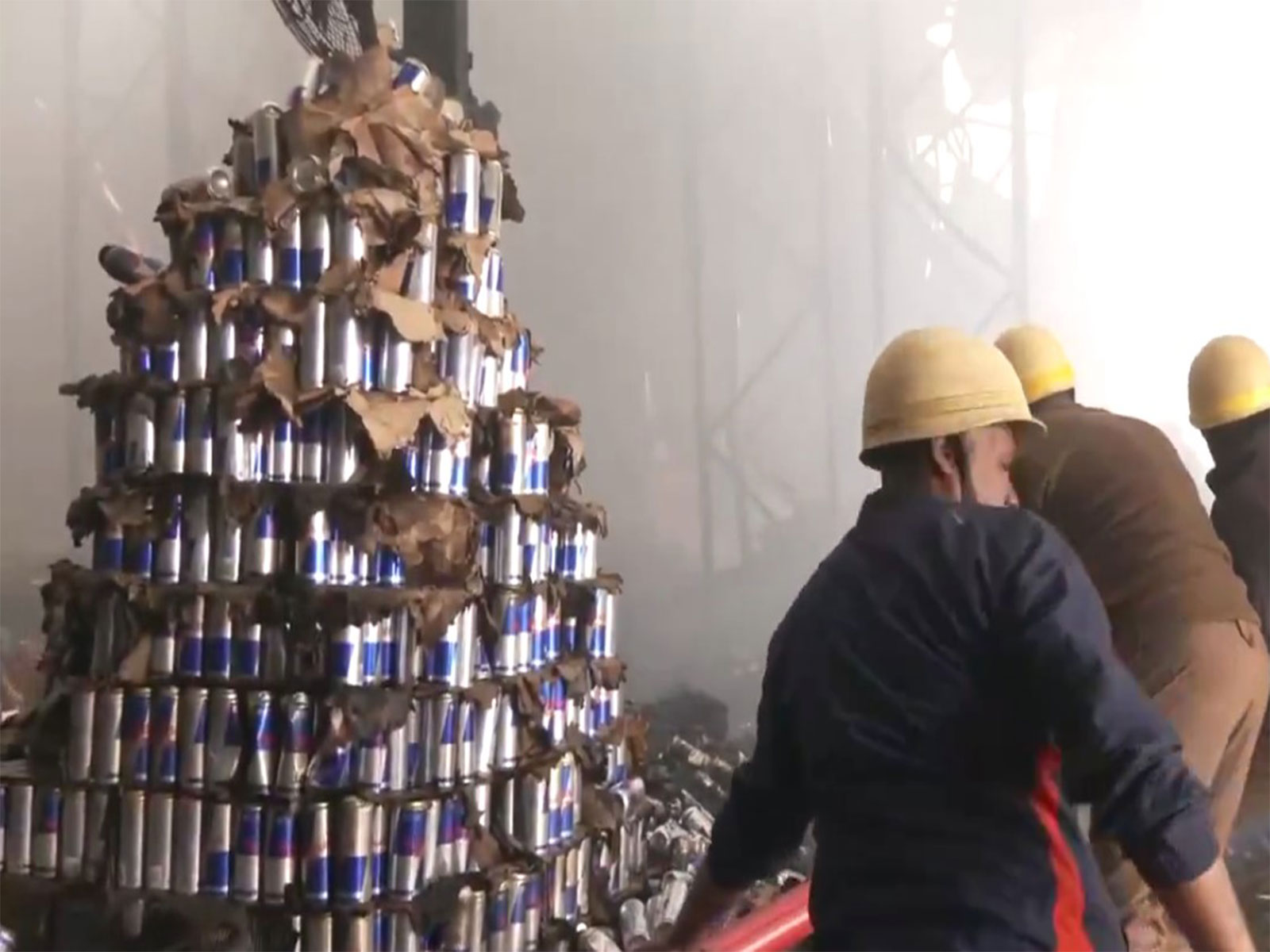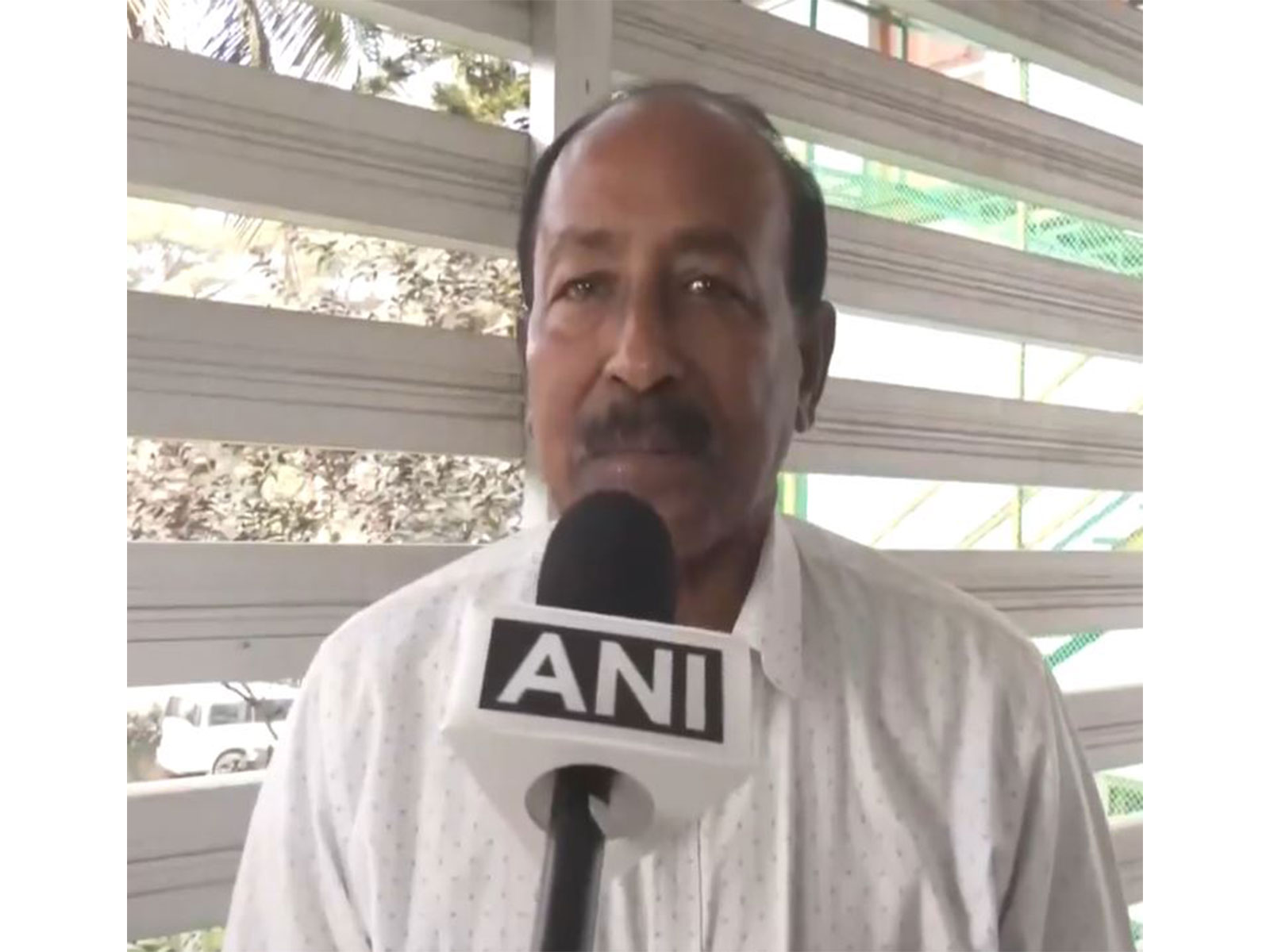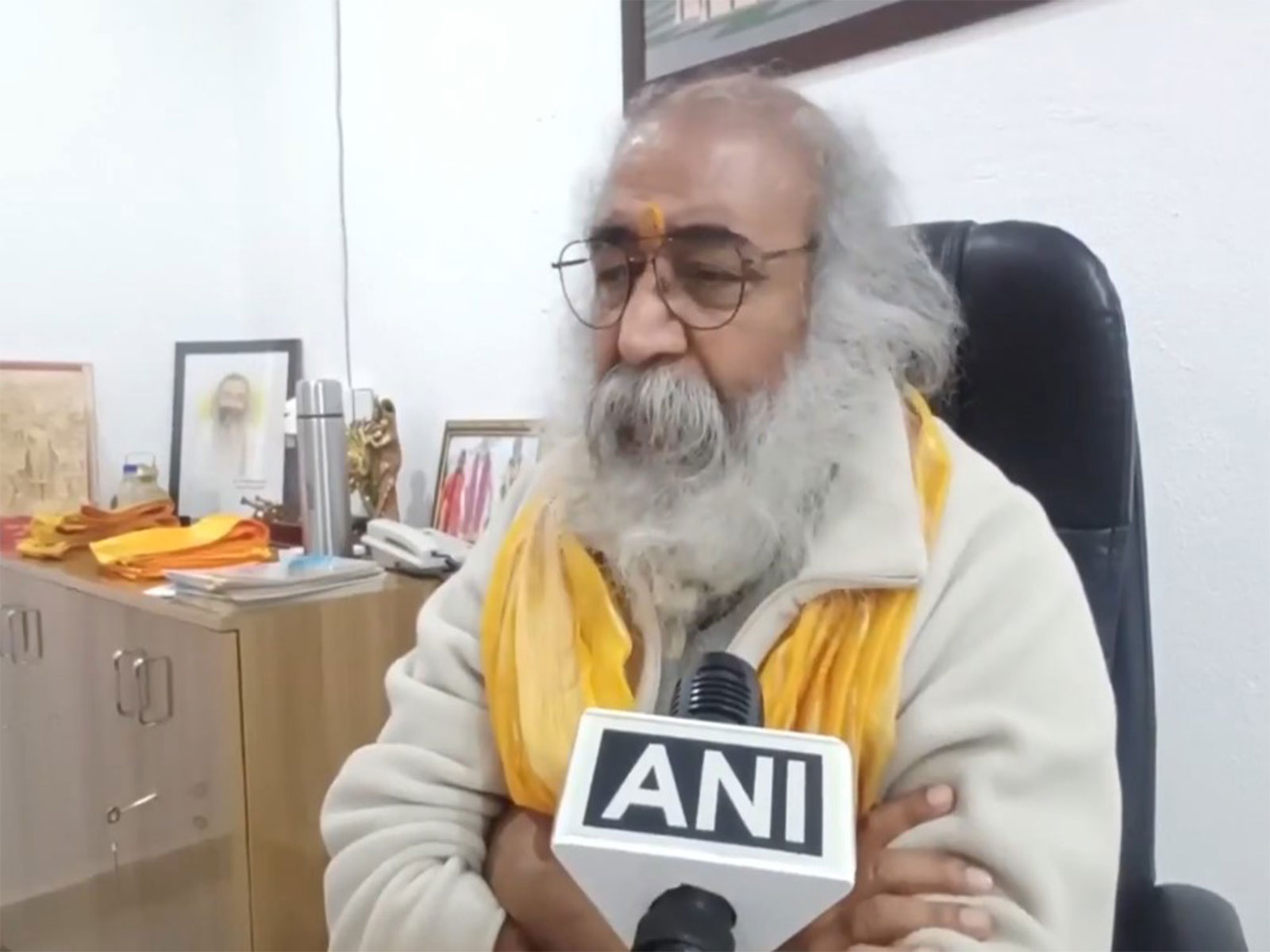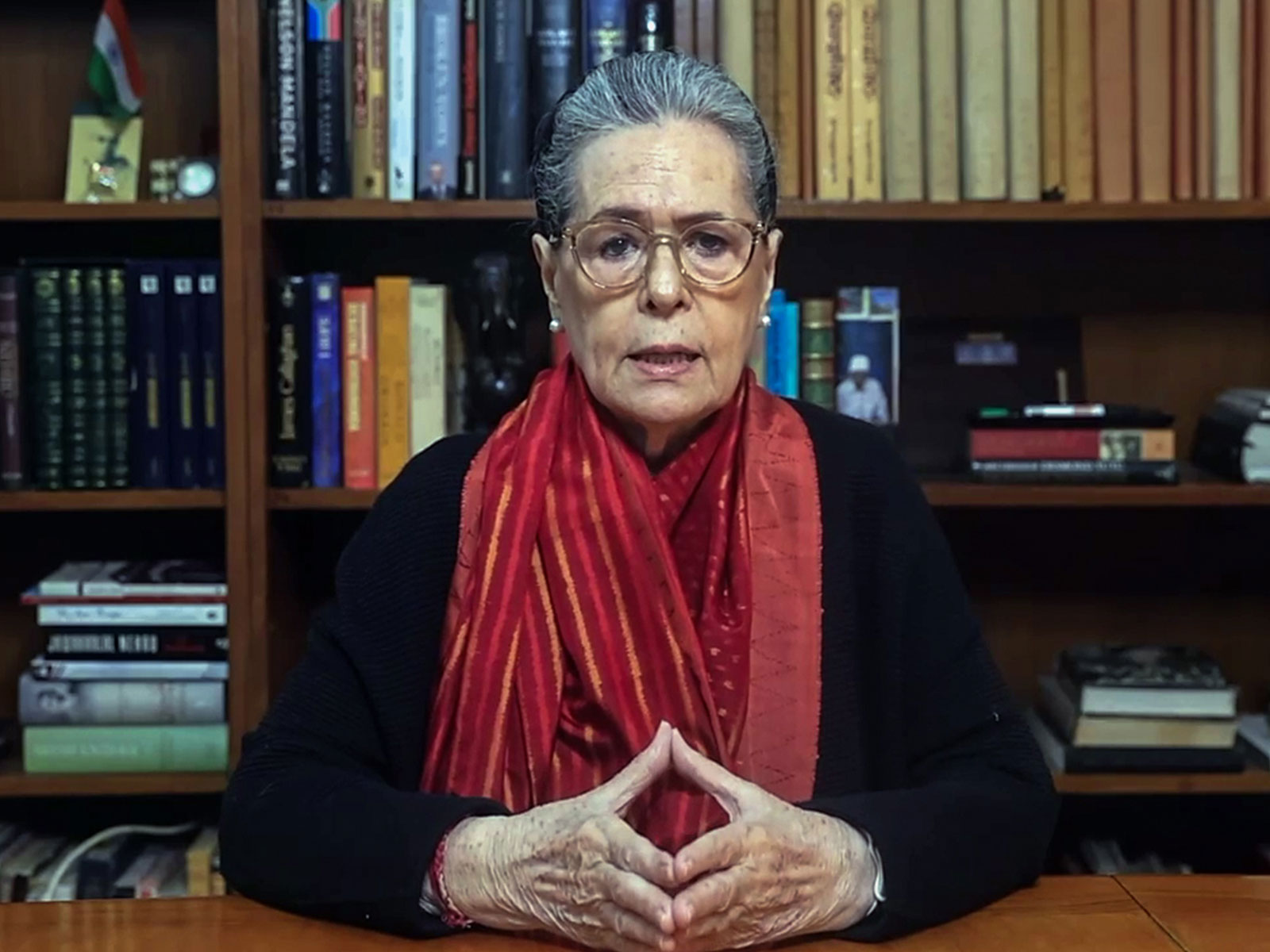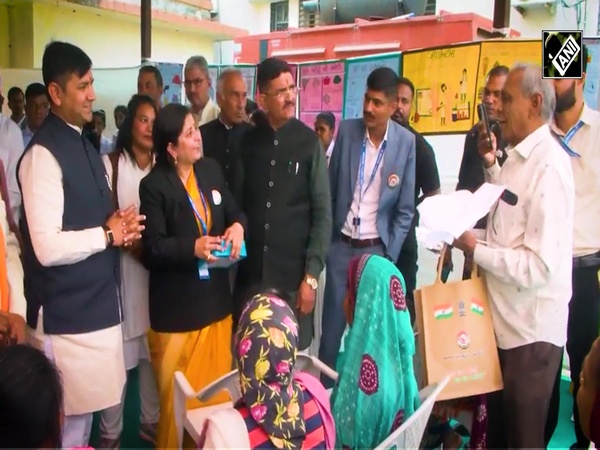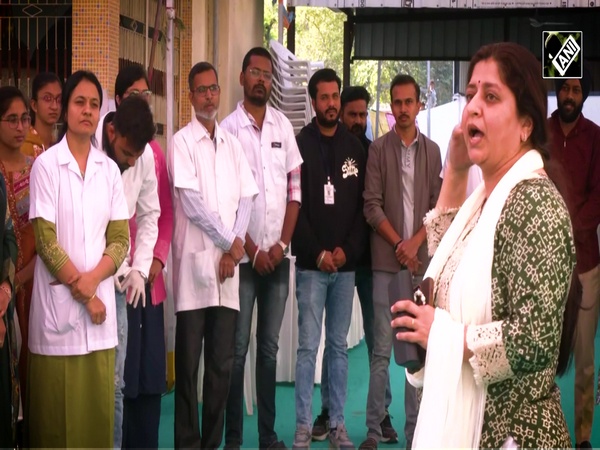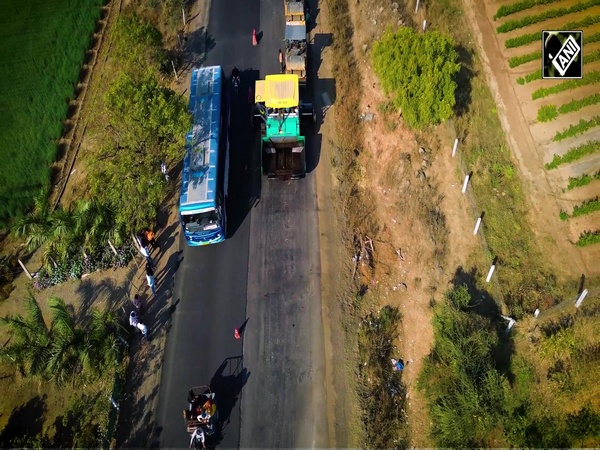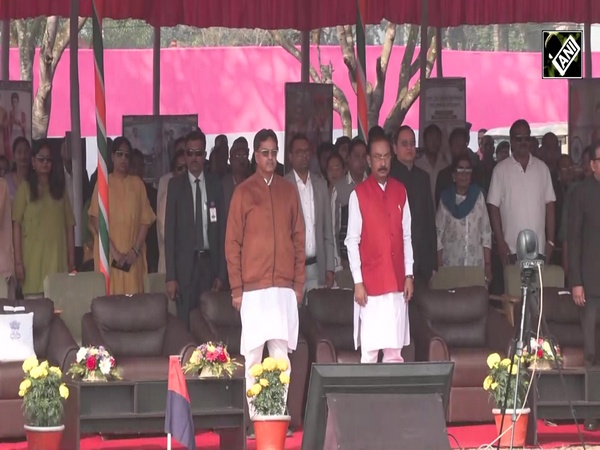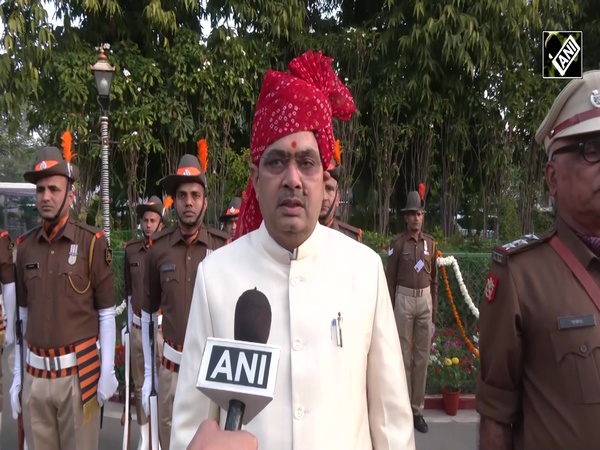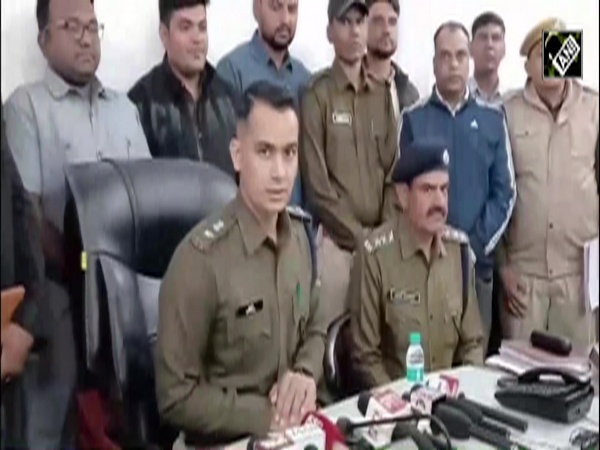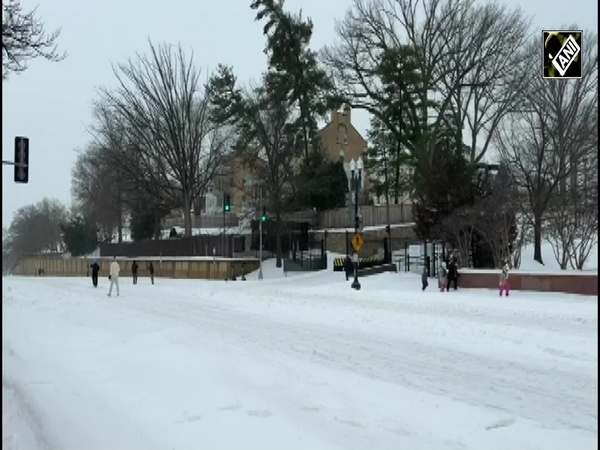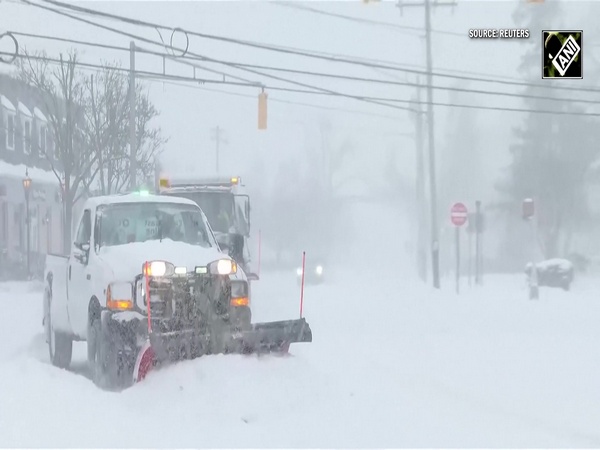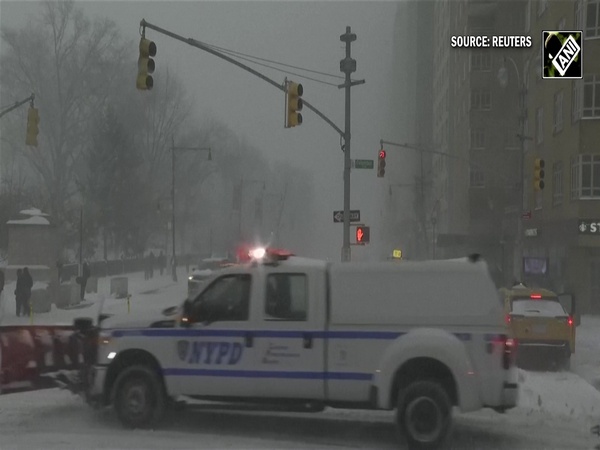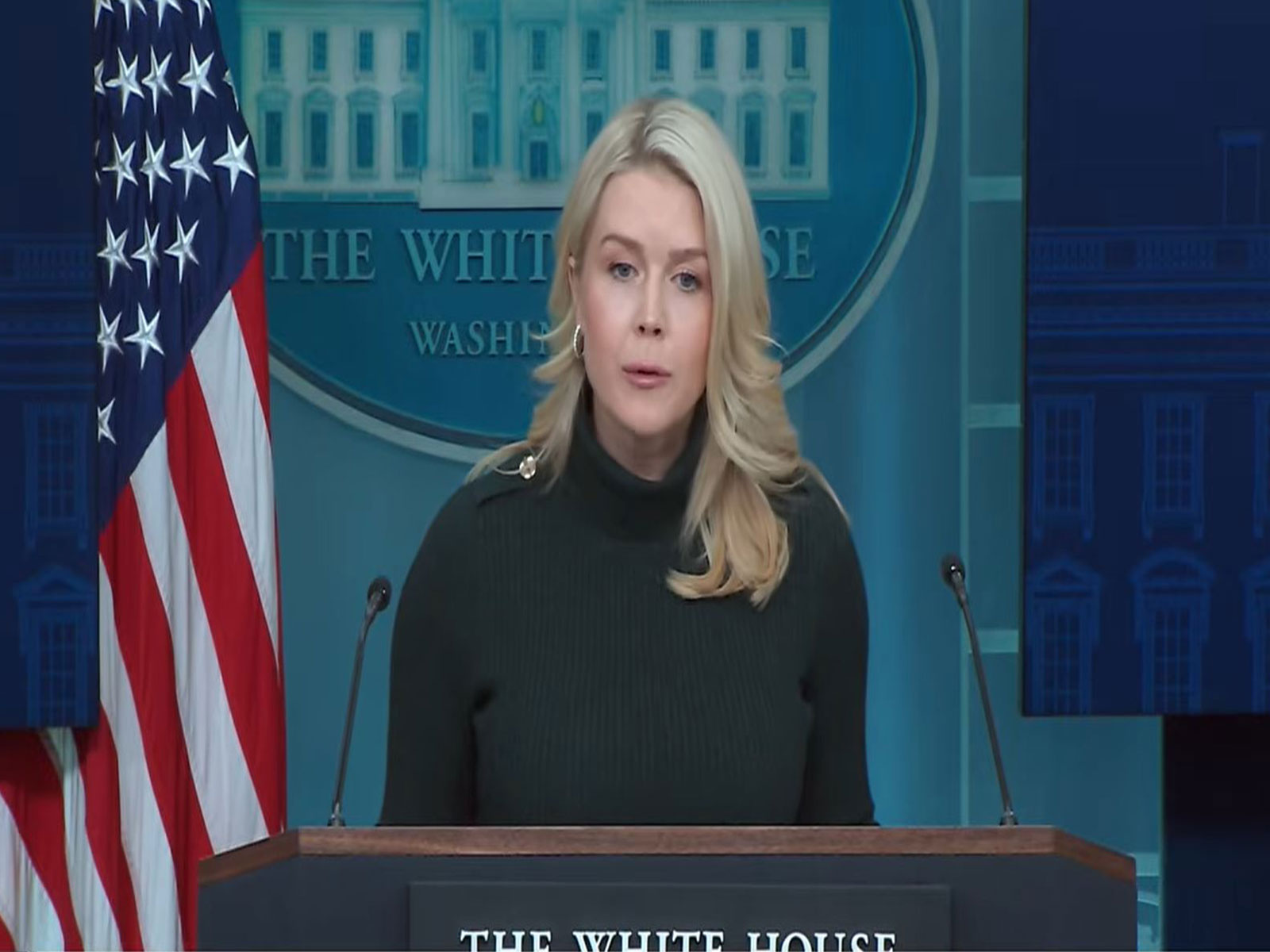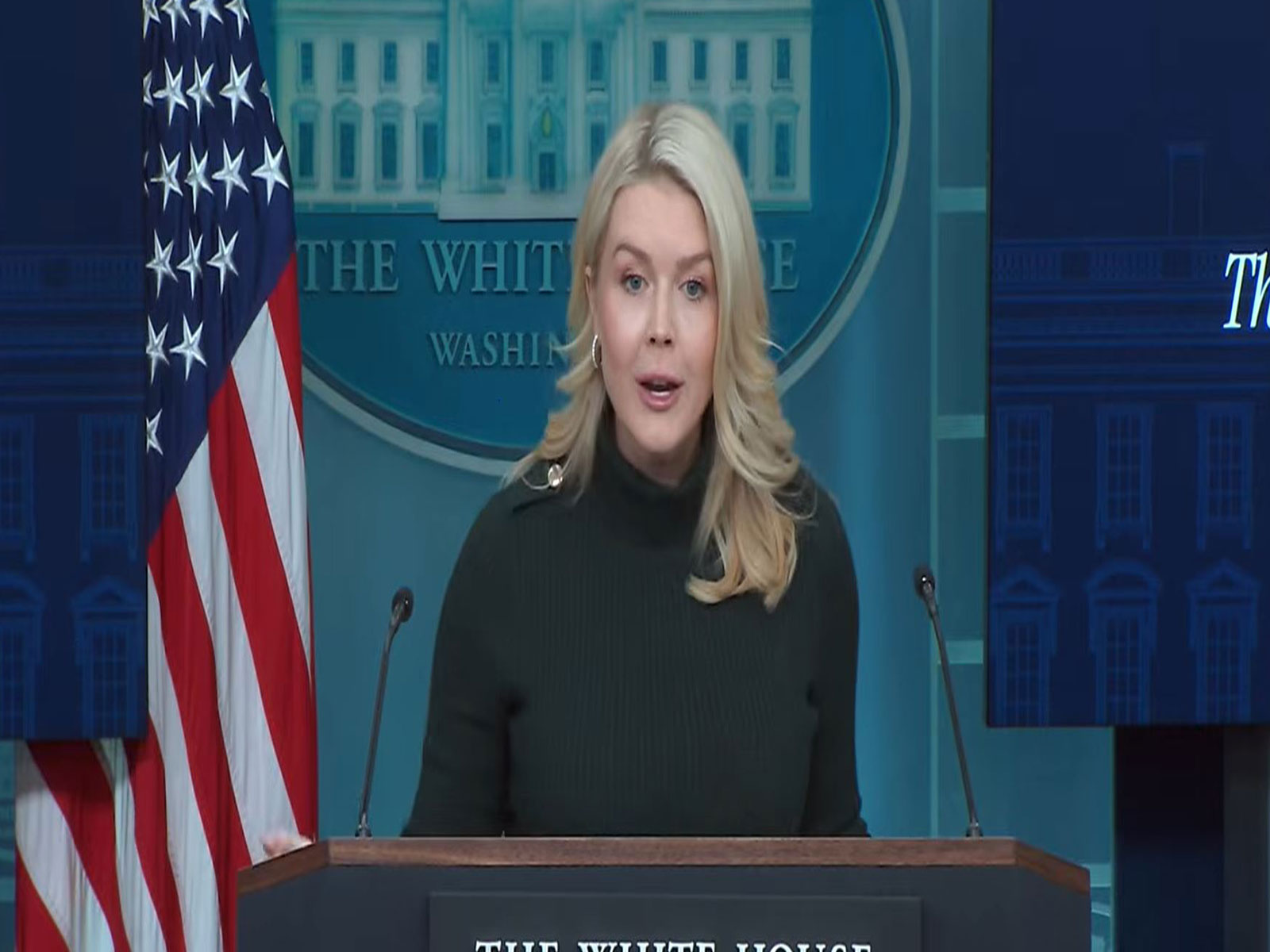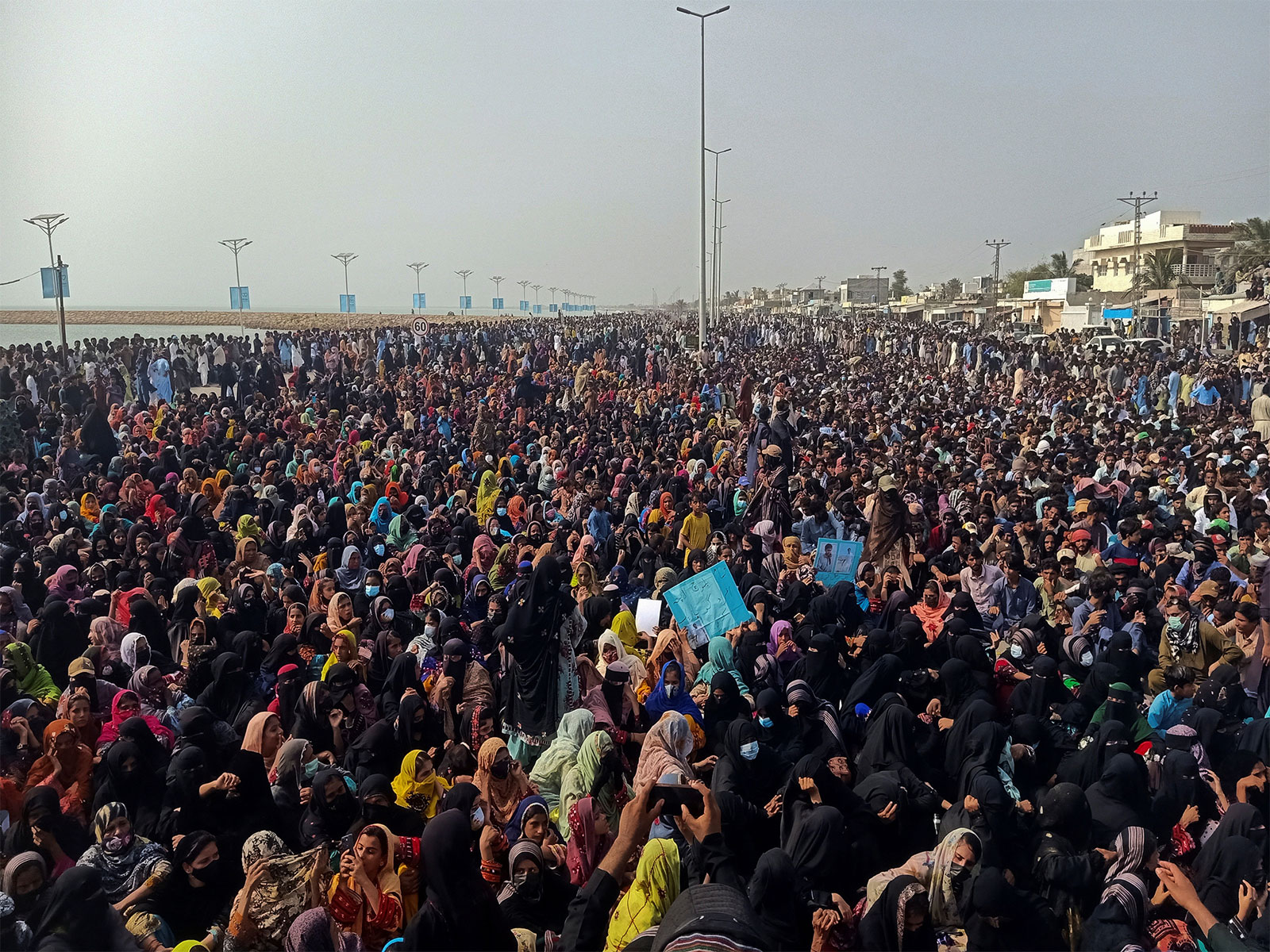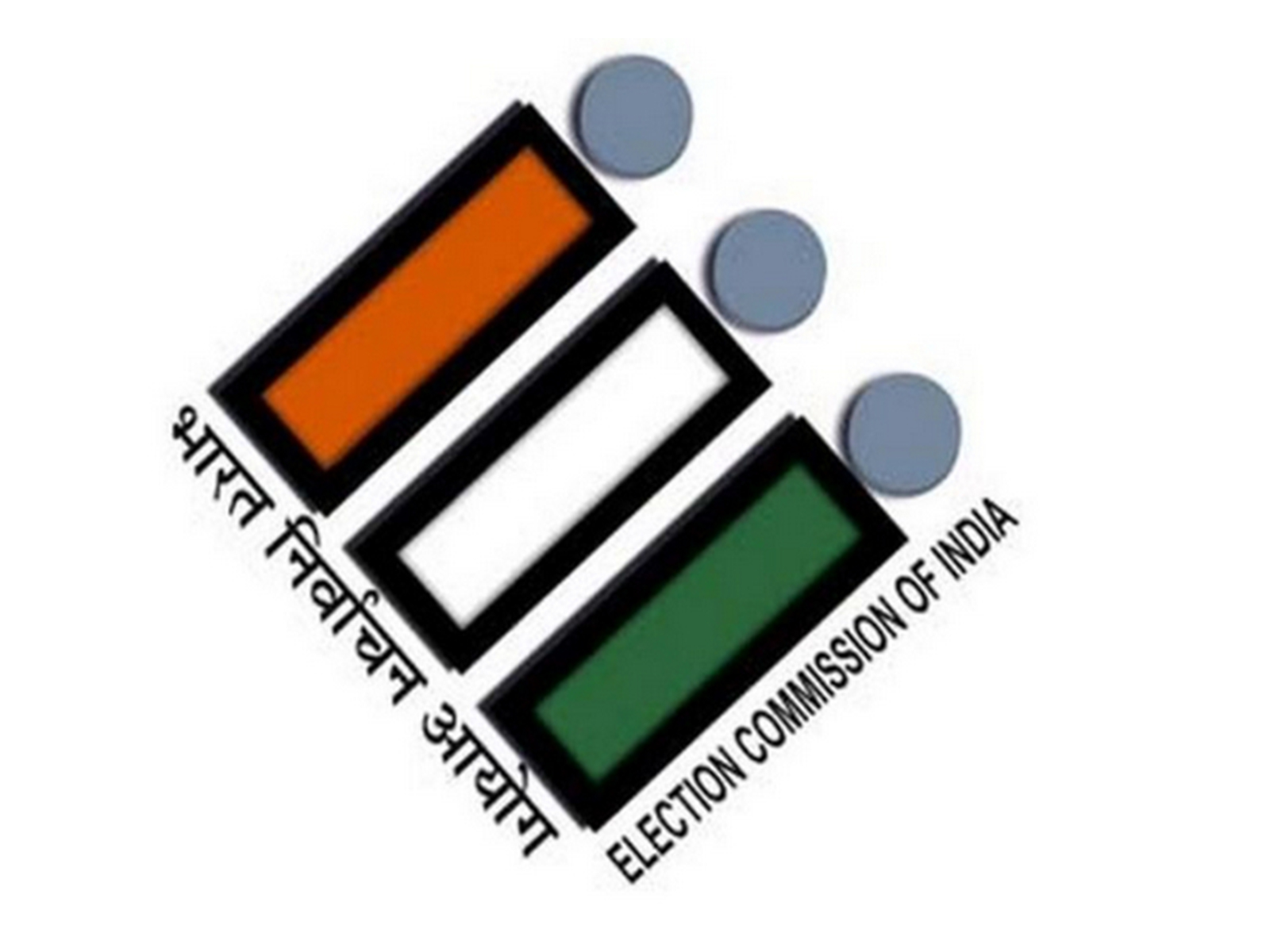
BJP flags major irregularities, administrative hurdles in West Bengal voter roll revision
Nov 26, 2025
New Delhi [India], November 26 : The Bharatiya Janata Party (BJP) on Wednesday wrote to the Election Commission of India (ECI) raising a series of concerns regarding the ongoing Special Intensive Revision (SIR) of electoral rolls in West Bengal, alleging large-scale irregularities and administrative hurdles that could compromise the integrity of the voter list.
In its submission, the party highlighted that West Bengal's demographic profile, high levels of migration, and recurring cases of duplicate, deceased, shifted, and ineligible voters pose challenges not witnessed during the first phase of SIR conducted in Bihar.
The BJP argued that despite statistical projections indicating nearly 88 lakh deceased voters between 2002 and 2025, a substantial portion of these names continues to feature on the electoral rolls, leaving scope for misuse.
The party also cited state government data suggesting that more than 22 lakh migrants from West Bengal live and work outside the state, making them ineligible under the "ordinary resident" requirement. Alleging manipulation, the BJP claimed that voters were being shifted to specific constituencies in violation of norms and flagged multiple instances of duplicate and "ghost" entries.
Referring to illegal infiltration from Bangladesh, the delegation noted that several infiltrators have allegedly obtained fraudulent documents through local networks, with some openly admitting this in media reports. The BJP said its continued presence in the voter lists compromises the sanctity of elections.
The letter further alleged that political operatives were influencing Booth Level Officers (BLOs) to avoid deleting ineligible names, and that instances of fraudulent parentage linkages were being used to justify new applications. Discrepancies such as mothers recorded younger than their children and individuals shown simultaneously as father and father-in-law were among the examples cited.
The party acknowledged progress in enumeration, with over 7.64 crore forms distributed and 49.26 per cent uploaded, but said a significant volume of data still required verification. It added that BLOs were under severe pressure and that their honorarium had reportedly been withheld due to delays in the Finance Department's approval.
Among its key recommendations, the BJP urged the ECI to strengthen the office of the Chief Electoral Officer, arguing that West Bengal is the only state where the CEO operates under the Home Department rather than as an independent entity.
The party also pressed for the use of AI-driven tools and analytics to detect deceased, duplicate, or untraceable voters, and requested that the Commission secure direct access to the state's Janma-Mrityu Tathya portal for matching death records.
Additional suggestions included utilising Aadhaar-linked data to identify duplicate or shifted voters, expediting the hiring of Data Entry Operators, defining limitations for acceptable documents to prevent fraudulent submissions, clarifying the definition of "ordinary resident," appointing senior-level officers as EROs/AEROs, and deploying independent Electoral Roll Observers.
The BJP also urged the Commission to address concerns of the Matua community and improve server capacity to avoid delays in uploading verification data.
The letter, signed by BJP leaders including Samik Bhattacharya, Om Pathak, Jagannath Sarkar, Khagen Murmu, and Amit Malviya, emphasised the need for corrective measures to ensure that the ongoing SIR produces an accurate and credible electoral roll for West Bengal.
Currently, a nationwide SIR is underway in 12 states and union territories, with the final elector's list to be published on February 7, 2026.
These states and UTs are: Andaman and Nicobar Islands, Chhattisgarh, Goa, Gujarat, Kerala, Lakshadweep, Madhya Pradesh, Puducherry, Rajasthan, Tamil Nadu, Uttar Pradesh and West Bengal.
According to the Election Commission, printing and training took place from October 28 to November 3, followed by an Enumeration Phase from November 4 to December 4.
The draft electoral rolls will be published on December 9, followed by a claims and objections period from December 9 to January 8, 2026. The Notice Phase (for hearing and verification) will take place between December 9 and January 31, 2026, with publication of Final Electoral Rolls on February 7, 2026.
The opposition has strongly opposed the SIR process, alleging that it is aimed at striking the names of voters from underprivileged communities off the voter lists.
